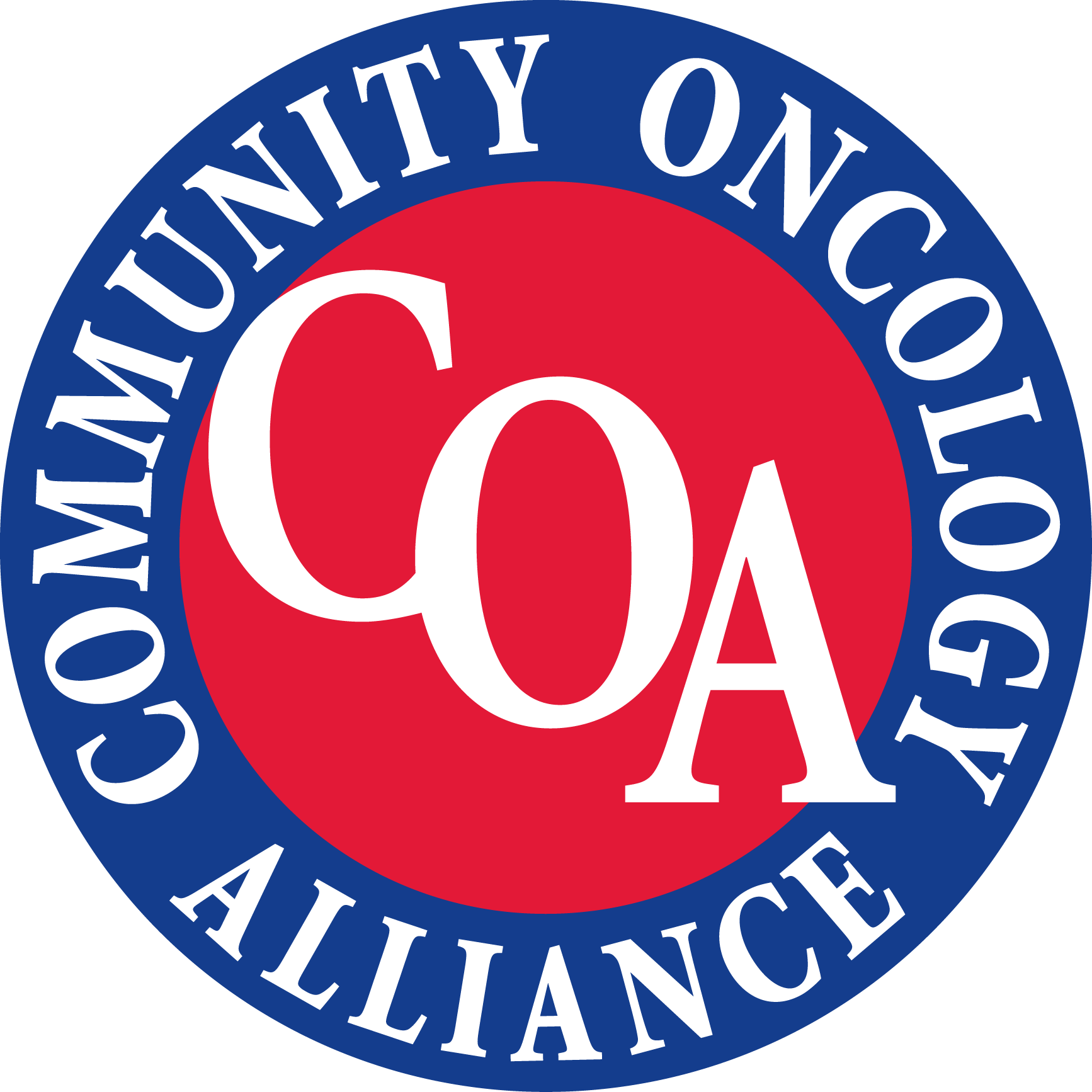
How Employers Can Achieve High-Value, Cost-Effective Oncology Care Through Genomic Profiling

A webinar by the National Cancer Treatment Alliance discussed current use and diagnostic/therapeutic benefits of comprehensive genomic profiling in oncology, as well as recommendations for employers and benefit consultants considering biomarker testing.
With US spending on oncology care having doubled since 2013, a webinar by the National Cancer Treatment Alliance, an initiative of the
Frederick Schnell, MD, FACP, medical director of COA, began the webinar, “What Employers Need to Know About Biomarker Testing,” by highlighting how 64% of the growth in oncology care spending is attributable to the launch of new medicines. Accounting for 12% of employer health care spend, cancer treatment costs continue to grow and are expected to reach $240 billion overall by 2023.
In controlling these costs, Schnell explained the potential of biomarker testing, in particular
“It isn’t that cancer has changed so much, but we've developed much better diagnostic tools that are much more targeted and focused than those that were available before,” said Schnell.
“Not only do they provide diagnostic information about patients across a broad spectrum, but they also cross boundaries between sites of cancer. In essence, what I'm saying is that the genomic pattern of cancers at the moment is much more important than actually the site of the disease—genomic testing is driving therapy and also a lot of clinical research.”
Through evolving cancer care treatment from the site of cancer to the specific cancer mutation, biomarker testing promotes the use of targeted therapies that have led to marked improvements in overall survival for diseases such as
Compared with single-gene testing or limited panel testing, CGP assesses for hundreds to thousands of genes simultaneously, and is not as burdened by the need of repeat testing or tissue recollection that can prove harmful to the patient and be more costly.
Despite its known benefits, Schnell noted that evidence-based biomarker testing is not performed routinely. A study of patients with advanced non-small cell lung cancer indicated that only 8% of patients received testing for all genes recommended by the National Comprehensive Cancer Network.
A major barrier to uptake is the cost associated with CGP, which was prohibitively expensive when first introduced in the past decade, but continues to become more affordable as its benefits are being recognized.
With the ultimate goal being to have some comprehensive testing available for the majority of patients with advanced cancer, Schnell added that genomic profiling can also be leveraged to address disparities in health care that continue to impact minorities and underserved populations.
“We believe that CGP can provide more patient insights, improve patient outcomes, provide the framework, the foundation for patient-centered care, can at least minimize if not eliminate toxicity, can improve the quality of life, give access to new information, and reduce the overall cost of care by eliminating waste.”
In advising employers and those involved in health benefit design, Margaret Rehayem, MA, vice president of the National Alliance of Healthcare Purchaser Coalitions, provided several preliminary recommendations for biomarker testing from her organization’s
- Ensure that CGP biomarker testing is covered as part of your benefit design to drive treatment decisions
- Ensure all tests that are FDA approved are covered
- Confirm that your benefits cover tests inclusive of all genes
- Determine what your plan is doing to reduce treatment onset delays and gaps in care for patients
- Confirm whether your plan covers clinical trials
- Monitor that testing is performed prior to beginning treatment
“A lot of employers are really focused on getting their workforce back on track to manage chronic conditions as a whole. That includes screenings, overall care, making sure that employees are not getting worse by particular treatment regimens, and that employees are getting those screenings when they need to best manage their disease.”
With innovation continuing to change the landscape of cancer care, Rehayem stressed for employers to take an active role and not assume their health plan is handling all aspects of care delivery appropriately.
“They need to understand whether their workforce and other covered lives are really getting the information that they need, if they are proactively reaching out, and are they getting the right treatments in place.”
Newsletter
Stay ahead of policy, cost, and value—subscribe to AJMC for expert insights at the intersection of clinical care and health economics.








